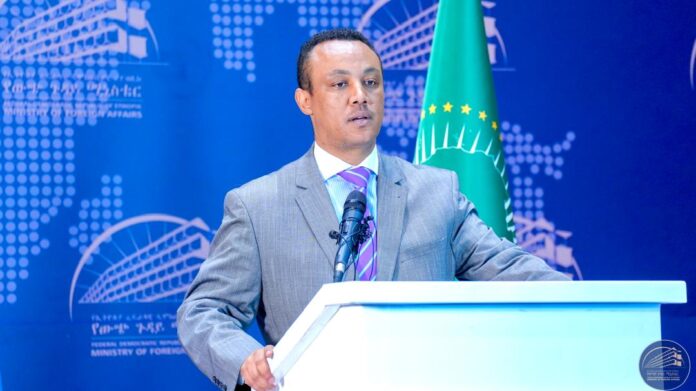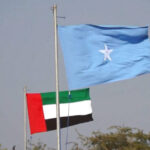ADDIS ABABA, Ethiopia — Ethiopia has raised alarms over the potential for regional instability due to the upcoming transition to a new African Union (AU) mission in Somalia, set to replace the current ATMIS mission in January 2025.
In a statement released today, Ethiopian officials accused Somalia of colluding with external forces, notably Egypt, which has recently intensified its military engagements with Somalia.
The statement comes in the wake of two Egyptian military aircraft landing in Mogadishu, an event that has heightened tensions between Ethiopia and Somalia. Ethiopia’s foreign ministry expressed deep concern, stating, “We cannot stand idle while other actors are taking measures to destabilize the region.” The ministry’s remarks were pointed, suggesting that such actions could undermine the peace and security efforts in the Horn of Africa.
Ethiopia’s critique centers on the fear that the new AU mission, intended to foster stability and combat extremism in Somalia, might instead serve as a platform for external powers to exert influence, potentially leading to further destabilization. This accusation against Somalia and its alleged collaboration with Egypt reflects longstanding regional rivalries and the complex interplay of alliances in the Horn of Africa.
The Ethiopian government’s statement also highlighted broader geopolitical concerns, where access to the Red Sea and strategic military alliances play significant roles. Ethiopia, landlocked since Eritrea’s secession, has been seeking sea access, which has led to its controversial deal with Somaliland, further complicating regional dynamics.
This development underscores the delicate balance of power in the region, where historical grievances, national interests, and international alliances intersect. The transition to the new AU mission, meant to be a step towards peace, now faces scrutiny as a potential catalyst for conflict, highlighting the intricate challenges of achieving stability in Somalia and the broader Horn of Africa.
The international community, particularly the AU and other stakeholders, are now faced with navigating these tensions to ensure that regional rivalries do not undermine the mission’s objectives of peace and security.
As the situation unfolds, all eyes are on how these nations and international bodies will manage the transition without escalating the existing tensions.





